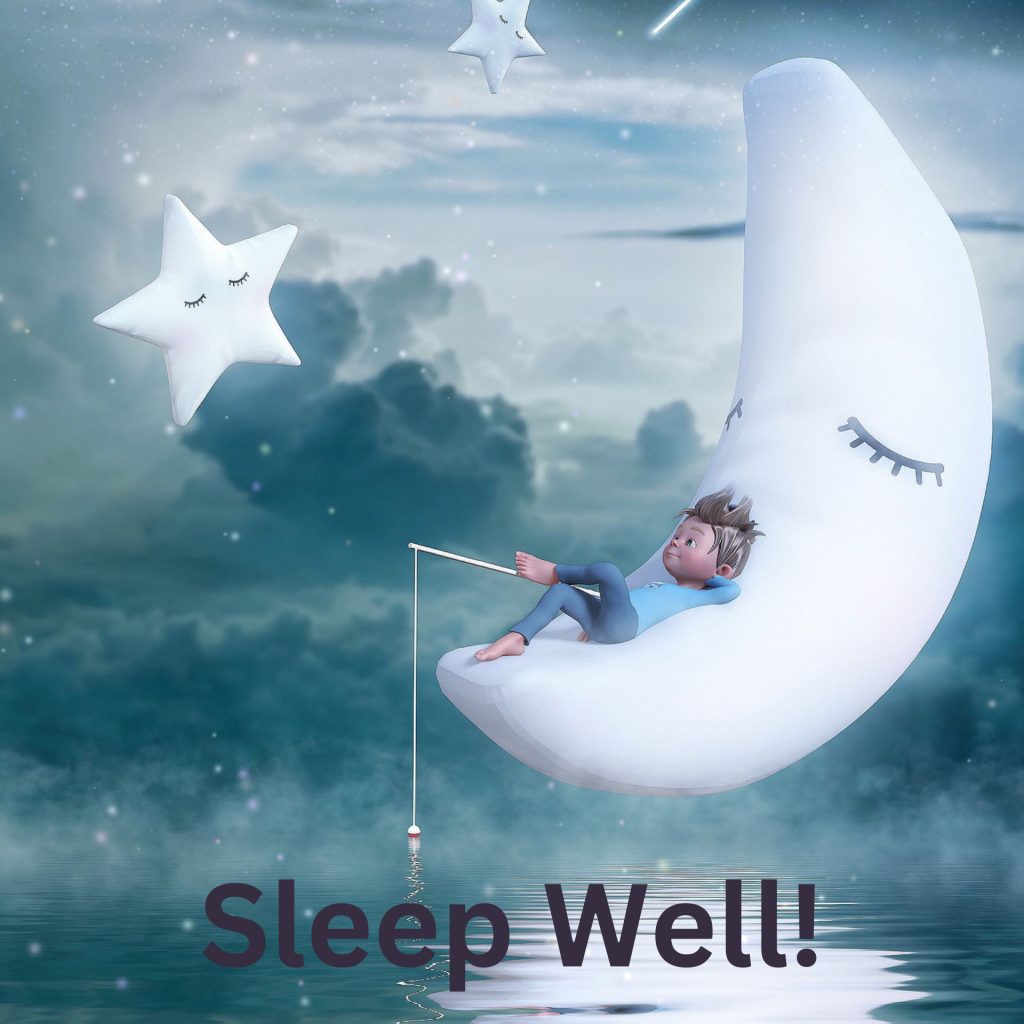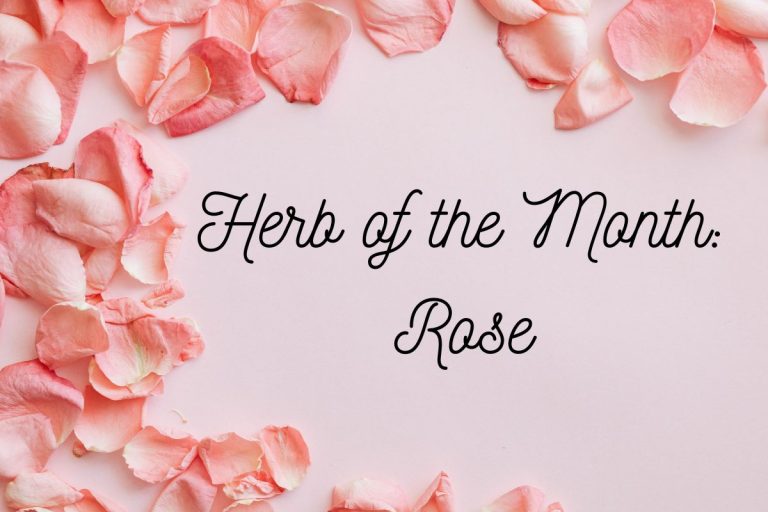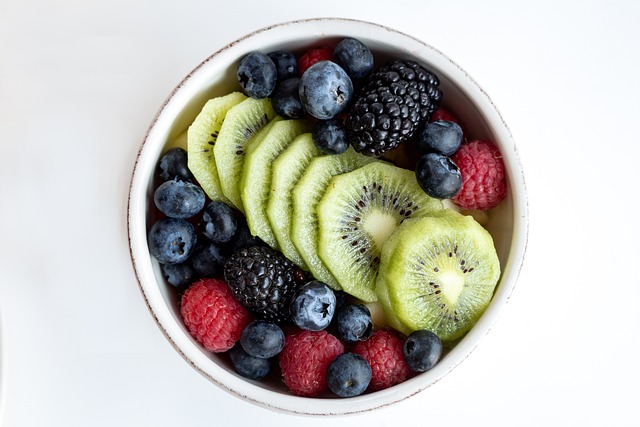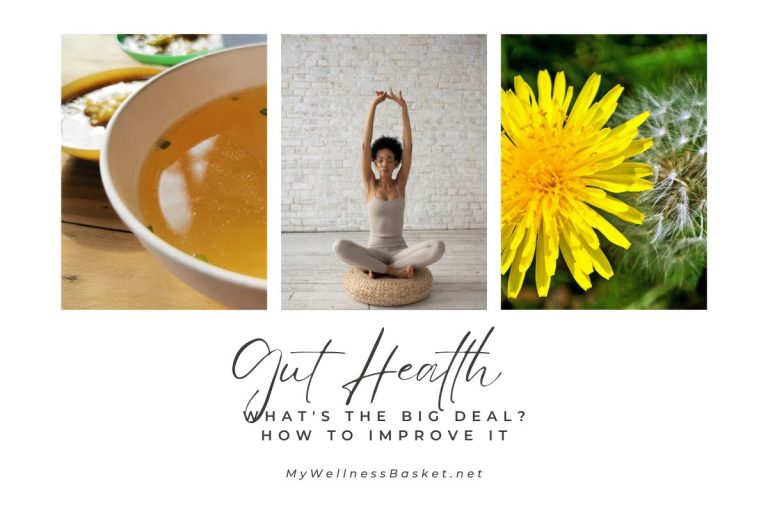How Sleep Affects Wellness
This post may contain affiliate links. View our disclosure policy here.

I want to discuss sleep and how it affects our overall wellness. Sleep is my ongoing tormentor: sleep disturbances are a first indicator that tells me that I’m not handling stress well or something is amiss in my body. How sleep affects wellness is an important concept to understand because many health issues can be addressed simply by addressing sleep!
It’s really an ongoing circle. Sleep disturbances tell me something is amiss. Then the sleep disturbances cause more things to become amiss. And so forth. You get the picture.
The Importance of Sleep
Sleep plays a vital role in healthy brain function and maintaining physical health and wellbeing. Sleep affects wellness because all of our body systems including the circulatory system, respiratory system, immune system, and others depend on it. Much of what physically happens while are awake is largely influenced by what happens when we are asleep. Sleep supports healthy growth and development. It gives some body functions time to heal and repair and attributes to your hormonal balance. A lack of the proper amount of sleep leads to sleep deprivation.
The Effects of Sleep Deprivation
Most of you probably already have a general idea of the negative impact a bad night’s sleep can have on you physically and mentally. A bad night’s sleep may mean you wake feeling tired, cranky, and definitely like you have gotten out of the wrong side of the bed. A consistent lack of sleep leads to short term and long term problems.
Various research has shown that a lack of sleep can impact ability to learn by affecting both short and long term memory negatively. Sleep deprivation often leads to trouble concentrating, problem-solving and even creative thinking. It can make you moody and extra emotional. It can make you depressed.
Drowsiness, due to lack of sleep, can increase the chance of accidents- whether while driving or just running into things around the house. Not getting enough sleep can actually affect balance and coordination.
Too little sleep increases your chance of higher blood pressure, higher blood sugar, inflammation and heart disease. Your immune system becomes weaker and your sex drive may lower. Sleep is important to your adrenals. Without adequate sleep, your adrenals are wiped out. Oddly, one of the signs of adrenal fatigue is sleeplessness!
How Much Sleep Do I Need?
We each have variations as to how much deprivation we can function with. But the bottom line is we all need sleep. And while we may not all notice all the signs of deprivation, without the adequate amounts of sleep and healthy sleep cycles, we will not be able to function optimally.
Here is what I found to be the generally recommended number of hours of sleep needed for the average person. Keep in mind that some sources recommend more and that children, those with chronic illness or are currently ill from a virus or other short term illness may need more.
Children: (toddler through preschool age) 10-14 hours including naps!
Children: (school age) 9-12 hours!
Teens: 8- 10 hours!
Adults (ages 18-60) 7-8 hours! This number increases after age 60.
How Can I Improve Sleep Hours and Quality?
Believe me, I know it’s difficult to extend the hours of sleep you get or improve the quality just because you want to. Sometimes it doesn’t feel like there’s enough time in the day and sometimes our brains don’t cooperate with how tired the rest of our body feels. Really! I understand. It seems like my body is exhausted and wants to crawl into bed at 9 even when my ‘bedtime’ is ten, and even then my brain is saying, “But wait! There’s things to lay here and think about!” Well, I’ve learned some things to do to help this happen less. There’s no one perfect technique and what may work or help for awhile could change as other things in your life or body change. But here’s a few to try.
Foods and Beverages
There are some natural foods that can improve our chances to fall asleep and stay asleep at night. Healthy fats (think coconut oil, quality grass-fed meats, grass-fed butter, eggs, and fish (omega-3s) all work together to assist your body with a healthy balance of hormones that are part of the sleep cycle. Try to make sure you are getting enough protein throughout the day as it helps our bodies produce serotonin and maintain a healthy blood sugar level. High antioxidant foods are also important for hormone production.
It’s not recommended to eat very close to bedtime You definitely want to avoid eating a heavy meal and you don’t want to consume a lot of sugar before bed. If you absolutely need a snack near bedtime, some healthier, possibly sleep-inducing options may be a handful of pistachios or cashews which are high in melatonin. A hard-boiled egg would provide a healthy protein filled snack as well. A cup of chamomile tea or tart cherry juice may also provide a nice sleeping boost before bed.
Make sure you are avoiding coffee or other caffeinated drinks later in the day as these can interfere with the sleep cycle. I try to stop caffeine by noon. Also avoid foods high in sugar content, spicy or high calorie foods as they can disrupt insulin levels and overwork the digestive system.
Bedtime and Morning Routine
It’s important to have a regular time for going to bed and waking to keep your hormone cycle regular. Maintaining a regular bedtime is hardest for me because it seems that lights out is when people want to talk to me. It’s hard but I know I sleep better if I stick to my schedule.
Supplements
Don’t forget the amazing benefits of chamomile tea, but also know that you can take chamomile and other sleep beneficial herbs in tinctures and supplements. If taking a course on how to work with herbs to assist your sleep interests you, check out this one at CommonWealth Herbs.
The herbs I like to work with best for sleep are nervines, adaptogens, relaxants and sedatives (note: in the herbal world a sedative is not as strong as a pharmaceutical drug.) These include Ashwagandha, Holy Basil, Chamomile, Lavender, catnip, skullcap and passion flower. Those are my favorites that I always have on hand, but there are many more. I like to work with them by way of nighttime teas, tinctures (like this one), and I have been taking this supplement I order from Amazon.
Sunlight
Don’t forget the importance of vitamin D we get from sunlight but also be aware that sunlight affects our circadian rhythm! Outdoor time, especially when the sun is high, will suppress melatonin during the day. This means later, when light is less, melatonin will be more likely to be released at the right time. This enhances our sleep!
Screens
Most of you may not want to hear this but I have to mention the negative effect screens have on our eyes and sleep. I suggest limiting your screen times in the evening. At least turn down the light when using them. There are some apps available to install on devices to reduce blue light. I’m making baby steps in this area. I try to stop my screen time at 9:00 since my goal of lights out is at 10:00. I am not always good at this. But it’s my goal. I do believe I have noticed a difference in how it affects how quickly I fall asleep.
Sleep Environment
There’s so many things that can affect you environmentally while asleep! For example, artificial light in the bedroom by way of night lights, clocks, air conditioner control panels, etc. Try to remove all artificial light. Keep the temperature of bedrooms around 60-67 degrees. Warmer temperatures in the bedroom can actually cause restlessness and wake you.
Have you joined the popular Facebook pages on simplicity and/or decluttering? Have you considered decluttering for yourself? Well, if you haven’t , you may want to at least consider it for the bedroom. Sources report that a cluttered environment in the bedroom can increase stress and anxiety, thus causing disruptions in your sleep. Try lessening the clutter on the floor, dressers and nightstand. I think I’ll need to clean my nightstand off (again) after I’m done writing today…
Other Things That May Affect Sleep
I could probably write a much lengthier post here. But I think it’s time to end things and hope that you can pick a few things out of what I have already written about to add to your wellness basket. Rest is definitely a main category for wellness though and I promise there will be more posts about this coming up! In the meantime, if you have tried everything above and are still struggling , other factors to consider may be colors and smells of the bedroom, air quality of your home, the presence of electronics in the sleeping area, the mattress and bed linens, alcohol, chronic pain, exercising too close to bedtime, a partner’s sleep schedule being different than your own, other nutritional needs, and others that I will address in the future.
Do you have trouble sleeping? Are any of the things I wrote about affecting your sleep? What’s one thing you may try to work on to increase your sleep quality? Tell me in the comments below!








Like many, I know I don’t get enough sleep most nights. I know a lot of my issues are related to menopause, but I like the info your provided to see if some changes will make improvements!
Menopause definitely plays a role. So addressing hormonal issues from a dietary perspective and other things may be in order. I’ll eventually get to more things like that in future posts! But yes, sometimes these things can at least help get you on the rig ht track- or at least a better track! Good luck! Thanks for stopping by!